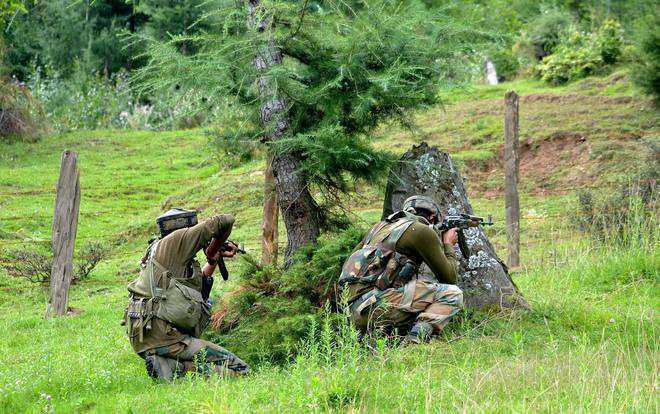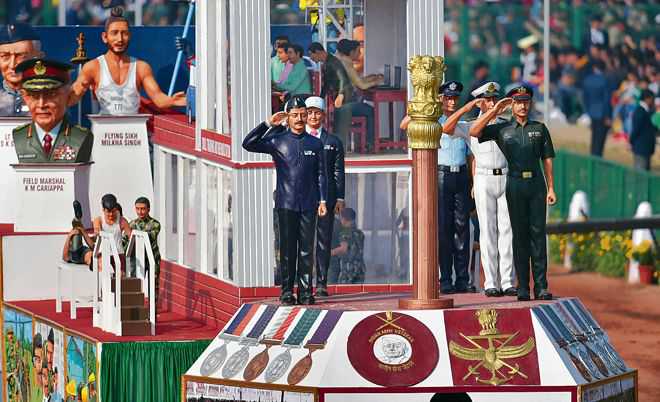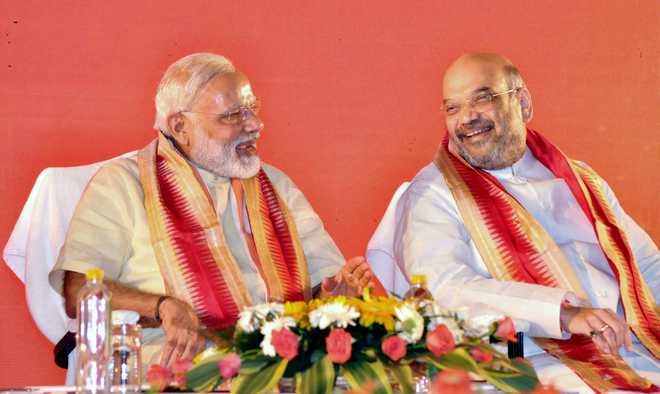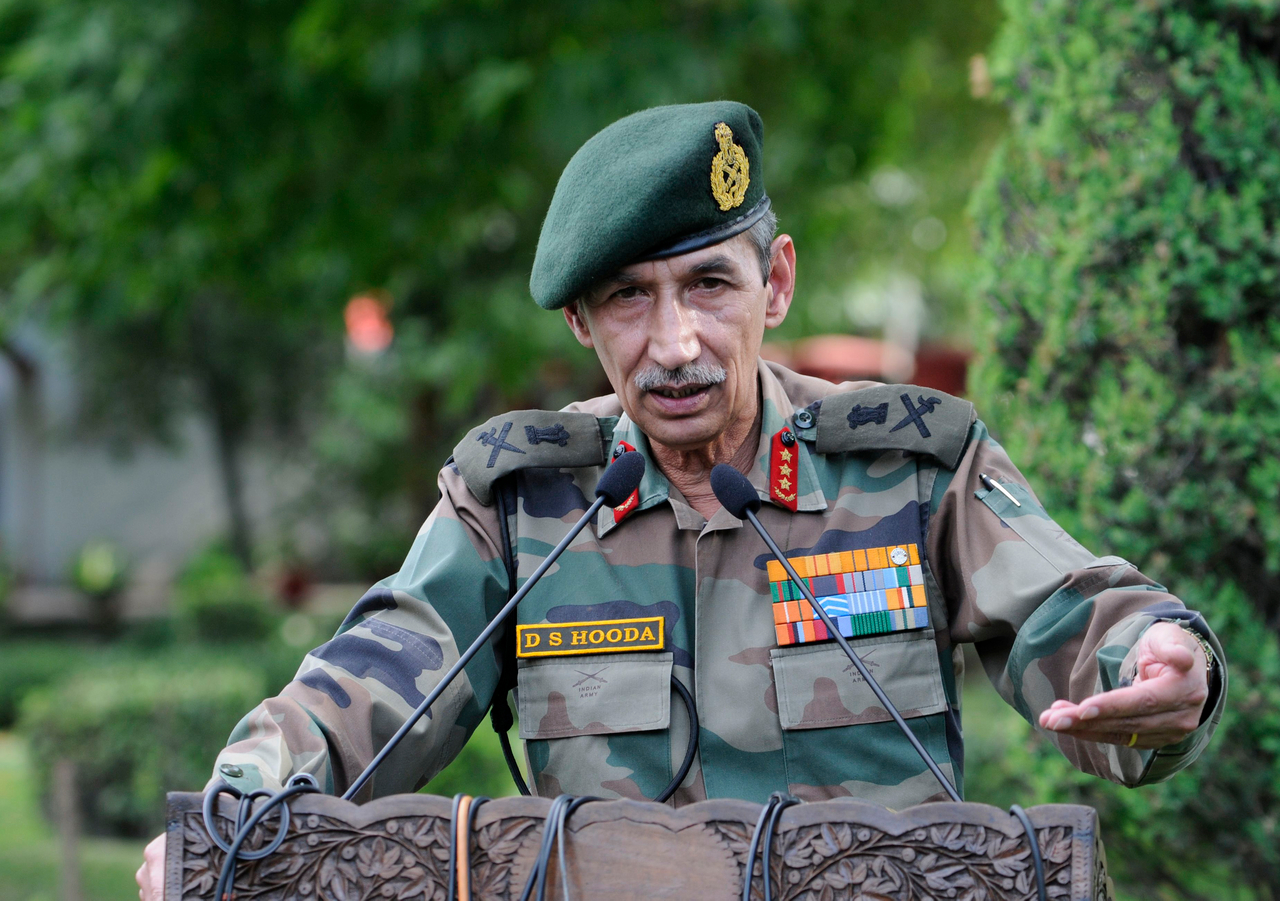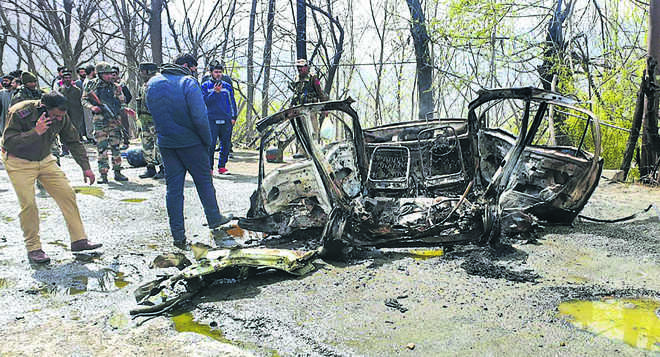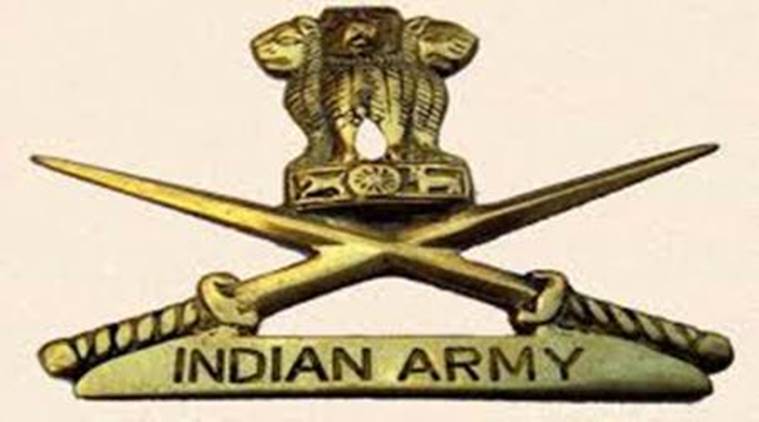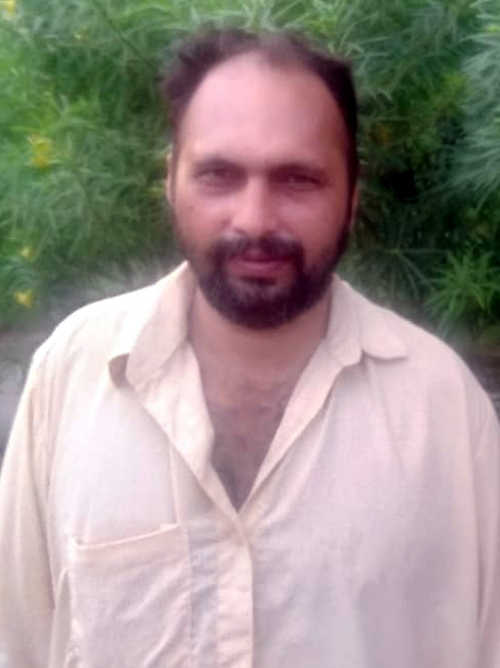
The Pakistani navy is unlikely to send warships to take part in China’s high-profile maritime parade to mark the 70th anniversary of the People’s Liberation Army Navy (PLAN) to be held off China’s east coast later this month.
At least two Pakistani ships were expected to attend the review to be inspected by President Xi Jinping in the coastal city of Qingdao on April 23.
The withdrawal of the Pakistani ships hasn’t been announced officially but the reason behind it could be the current heavy deployment of the Indian navy in the Arabian Sea.
Pakistani foreign minister Shah Mahmood Qureshi was quoted on Sunday telling reporters in Multan that India was planning to attack Pakistan later this month.
In the aftermath of the deadly Pulwama terror attack, the Indian navy had said in a statement on March 18 that it was deploying an aircraft carrier, nuclear-powered attack submarines and several warships in the region.
It could be that Islamabad was unable to spare warships at this time as it would mean withdrawing them for weeks from patrolling Pakistan’s maritime border; the reason for not sending warships for “iron brother” China’s prestigious naval drill has to be serious.
Senior military officials from Pakistan are expected to attend events related to the anniversary in Qingdao.
The Pakistani embassy’s press office in Beijing didn’t respond to phone calls and messages on the topic.
India, meanwhile, has dispatched one of its frontline warships, INS Kolkata, an indigenously built stealth destroyer, to take part in the fleet review.
Also read: Only 1 of its 5 submarines operational, Pakistan sends SOS to China
Accompanying INS Kolkata will be one of the Indian Navy’s largest ships, fleet tanker, INS Shakti.
Around 500 Indian navy personnel will be on the two ships.
“Up till now, over 60 countries have confirmed to send navy delegations to participate in the activities and multiple countries have confirmed to send naval vessels to the international fleet review,” defence ministry spokesperson, Colonel Wu Qian said last month.
For India, sending warships to PLAN’s prestige event is part of the post-Wuhan reset of Sino-India ties following the cold snap in the aftermath of the Doklam (Donglang) standoff.
Military engagement between the armed forces is expected to expand.
This will be the first time Indian warships are coming to China since April 2014 when the PLAN marked its 65thanniversary with events in Qingdao.
The deployment of INS Kolkata at the event is a message of both cooperation and competition, Ben Ho, a naval analyst with the Military Studies Programme at Singapore’s S. Rajaratnam School of International Studies told HT.
“The deployment of the INS Kolkata and INS Shakti to the PLAN’s 70th-anniversary celebration may seem like a case of cooperative naval diplomacy at first glance, but there is a competitive element to it as well. Fleet reviews like the one that will take place later this month are essential “bodybuilding” shows for navies. The force with the best “muscles” will garner the most attention,” Ho said.
He added that INS Kolkata is a stealth destroyer with state-of-the-art capabilities like the supersonic BrahMos surface-to-surface missile, and its deployment to the fleet review is arguably an exercise in strategic messaging.
Ho said though Shakti is not a warship but a tanker, and platforms like it are not as “glamorous as their heavily armed brethren”, they are a key force multiplier in naval operations given that they enable deployments that are longer in duration and/or distance.
“The Kolkata-Shakti combination is noteworthy. Through it, Delhi arguably wants Beijing to take note of its independent blue-water capabilities in far-flung regions, including perhaps the South China Sea. After all, Beijing has looked askance at previous Indian naval deployments to that contested body of water which it regards as its own “backyard”,” he added.
Last week, the Japan Times reported that the US will not send warships or senior military officers to attend the event.
The report added that Washington’s decision could be seen as a snub though its allies Japan and South Korea are expected to deploy ships.












